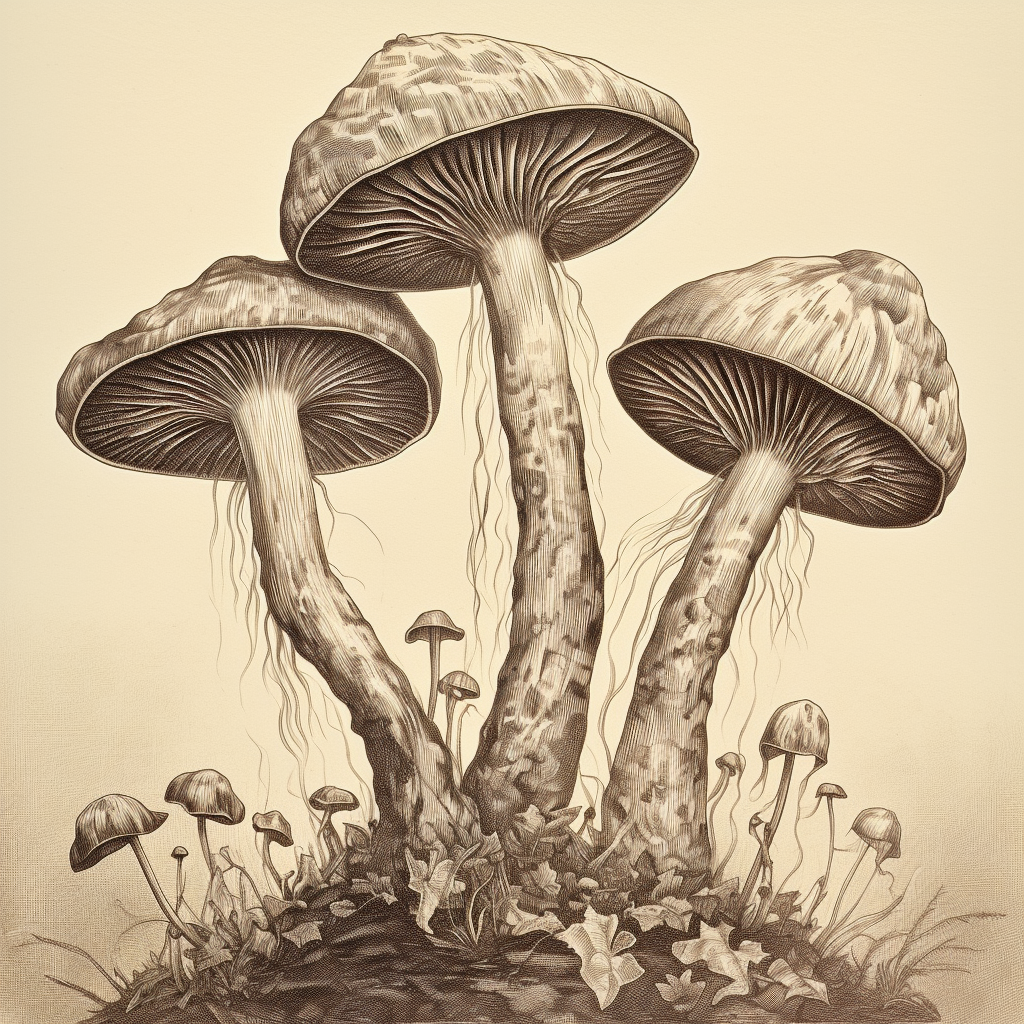In a world where pharmaceutical companies race to develop the next billion-dollar drug, nature may have been quietly growing the solution beneath our feet all along. That’s right, folks—psilocybin mushrooms, those funny-looking fungi that make you see dancing elves and talk to your houseplants, are apparently what we’ve been missing in our medicine cabinets.
Depression? There’s a Shroom for That
Scientists at prestigious institutions have spent years in white lab coats discovering what college sophomores have known for decades: these mushrooms can make you feel really, really good. Research suggests psilocybin therapy might help with treatment-resistant depression, giving hope to millions who’ve tried everything from SSRIs to interpretive dance therapy.
“I went from crying at car insurance commercials to experiencing profound universal connectedness,” said one research participant who wished to remain anonymous (because, you know, telling your boss you took mushrooms—even for science—might raise some eyebrows).

Anxiety? Micro-Dose It Away
Silicon Valley tech bros have jumped on the micro-dosing bandwagon faster than they adopted standing desks. “It’s like a cup of coffee, minus the jitters, plus the sudden realization that your app idea might not actually change the world,” explains one startup founder who schedules his quarterly existential crises between board meetings.
The concept is simple: take a tiny amount—not enough to see the universe fold in on itself, but enough to make your Monday morning staff meeting slightly more bearable.

Physical Benefits, or How I Learned to Love Exercise While Imagining I’m a Gazelle
Some enthusiasts claim that psilocybin has revolutionized their relationship with physical activity. “Before mushrooms, I hated running. Now I understand I’m not running—I’m floating through spacetime while my legs happen to be moving,” explained one ultra-marathon runner who definitely wasn’t high during our interview.
Researchers are quick to point out there’s no evidence mushrooms directly improve physical performance, but the psychological shift might help people enjoy movement more. This could explain the phenomenon of “mushroom yoga,” where participants report unprecedented flexibility (and an unshakable conviction that their yoga mat is breathing).
The Fine Print That’s Hard to Read When the Letters Are Dancing
Despite the growing enthusiasm, scientists and doctors emphasize some important caveats:
- No, you probably shouldn’t self-medicate with mushrooms you found behind your local community college
- Clinical studies use precise dosages in controlled environments, not whatever your friend Chad eyeballed at a music festival
- Side effects may include: profound philosophical insights that seem less profound the next day, temporary belief that you understand quantum physics, and an overwhelming desire to pet textured surfaces
The Legal Tangle
While research institutions get special permission to study these substances, many jurisdictions still classify psilocybin alongside harder drugs—making the path from research to treatment complex.
“We’re in this weird situation where something showing remarkable therapeutic potential remains illegal for historical and political reasons rather than scientific ones,” explained Dr. Emily Harrington, who definitely did not slip us her dealer’s number after the interview.

The Future Is Fungi
As research continues and attitudes shift, psilocybin therapy may become a mainstream treatment option. Until then, the scientific community continues its careful work, attempting to harness the benefits while minimizing risks.
One researcher summed it up perfectly: “It’s ironic that mushrooms, which dissolve boundaries in the mind, face so many boundaries in medicine. But we’re making progress, one carefully controlled trip at a time.”
Just remember—when your doctor eventually prescribes magic mushrooms, your health insurance still probably won’t cover them. Because if there’s anything more hallucinatory than a psilocybin journey, it’s the American healthcare system.





